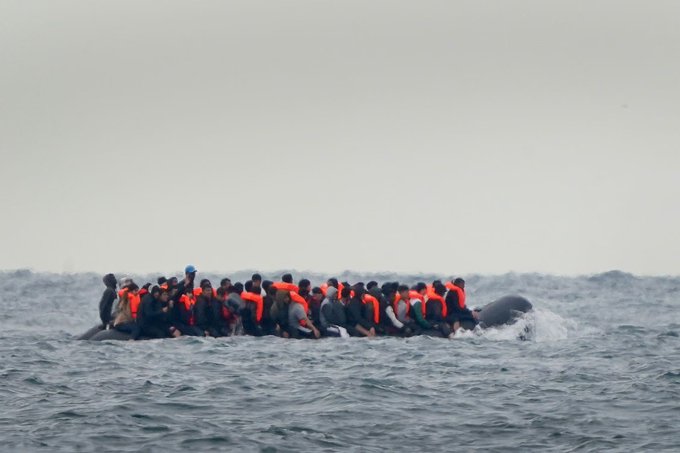Britain’s parliament has approved Rawanda bill, a law allowing the deportation of asylum seekers to Rwanda while their applications are being processed. The legislation, spearheaded by Prime Minister Rishi Sunak, aims to tackle illegal immigration and disrupt the operations of human smugglers, but it has ignited fierce debate and drawn criticism from various quarters.
Prime Minister Sunak expressed determination to proceed with deportation flights to Rwanda following the passage of the migration legislation, hailing it as a pivotal moment in global migration policy. However, the United Nations has urged Britain to reconsider its plans, cautioning that the deportation scheme could undermine the rule of law and set a dangerous precedent worldwide.
“The passing of this landmark legislation is not just a step forward but a fundamental change in the global equation on migration,” Rishi Sunak said in a statement.
Initial setbacks
The proposal to deport asylum seekers to Rwanda has faced legal challenges and public outcry since it was initially introduced by former Prime Minister Boris Johnson in 2022. Despite the Supreme Court declaring the policy unlawful last November, Sunak is pushing forward with the new legislation in hopes of circumventing legal obstacles and fulfilling his pledge to curb illegal immigration via small boats crossing the English Channel.
Under the Rwanda plan, individuals who arrived in Britain illegally after January 1, 2022, would be subject to deportation to Rwanda. However, the scheme faced setbacks, including a blocked deportation flight in June 2022 and subsequent legal challenges citing concerns about the safety and human rights of migrants.
New treaty
To address these concerns, Prime Minister Sunak negotiated a new treaty with Rwanda, stipulating that deported individuals would only be returned to Britain, rather than risk mistreatment in other countries. Once the bill becomes law, the government plans to detain asylum seekers, a move likely to spark further legal battles from advocacy groups and unions questioning Rwanda’s suitability as a safe destination.
The deportation plan comes amid ongoing migration challenges, with thousands of migrants undertaking perilous journeys to reach Britain, fleeing conflict and poverty in regions across Africa, the Middle East, and Asia. Sunak has made tackling illegal immigration a priority, aiming to clear a backlog of asylum claims and stem the flow of migrants arriving via the English Channel.
While the new legislation represents a significant development in Britain’s immigration policy, it remains a subject of intense scrutiny and debate, with critics raising concerns about the rights and welfare of asylum seekers and the implications of outsourcing immigration control to foreign nations. As the deportation scheme moves forward, its impact on the broader landscape of migration policy and human rights will continue to be closely monitored.

